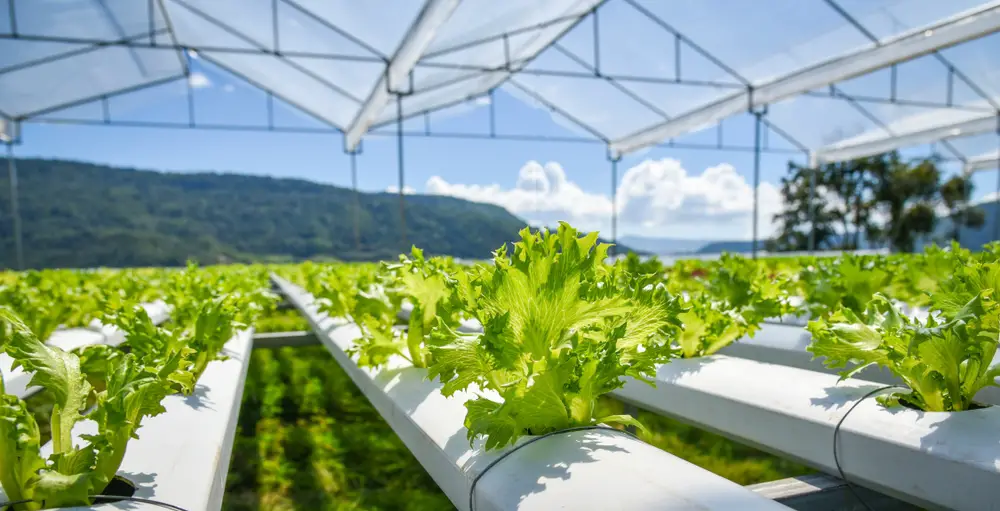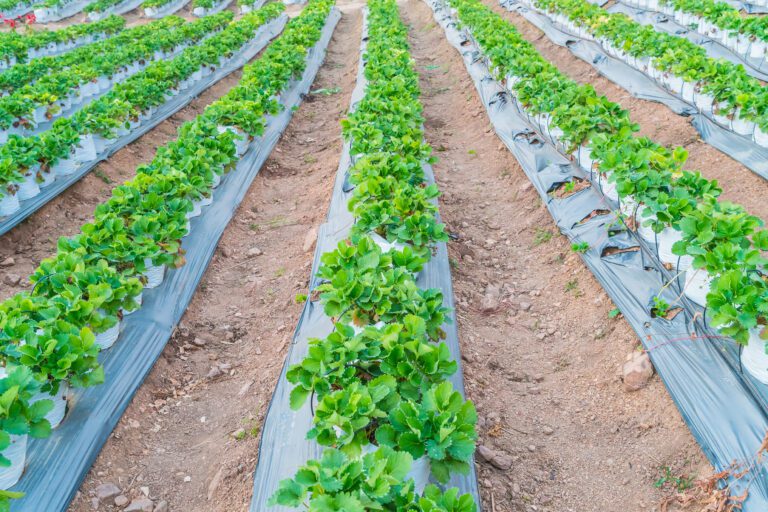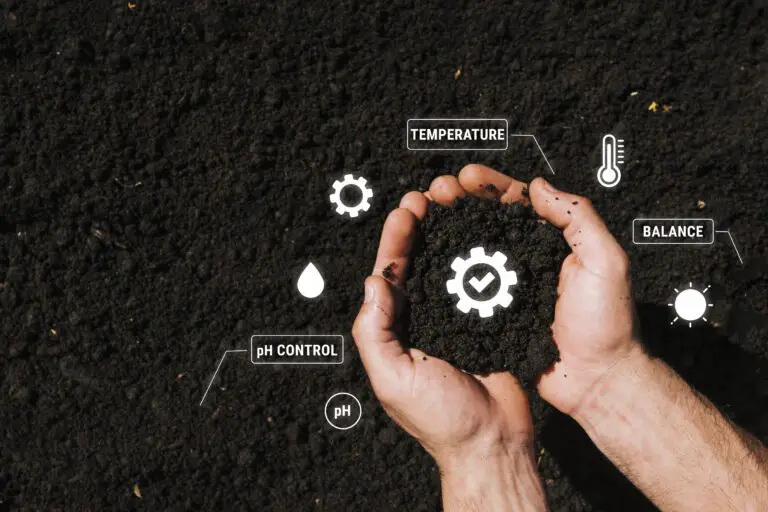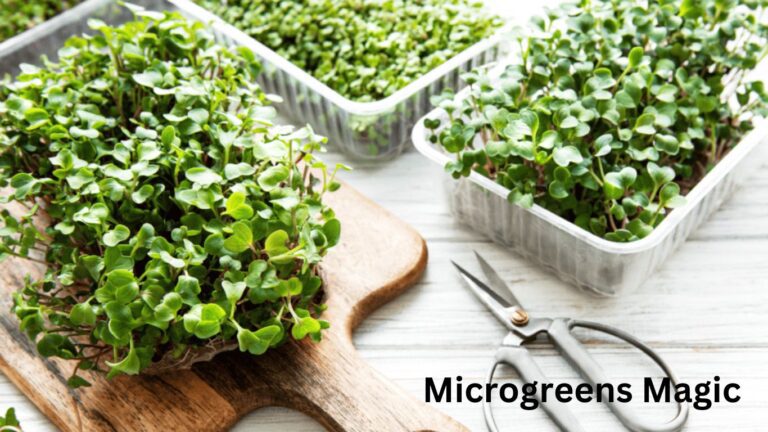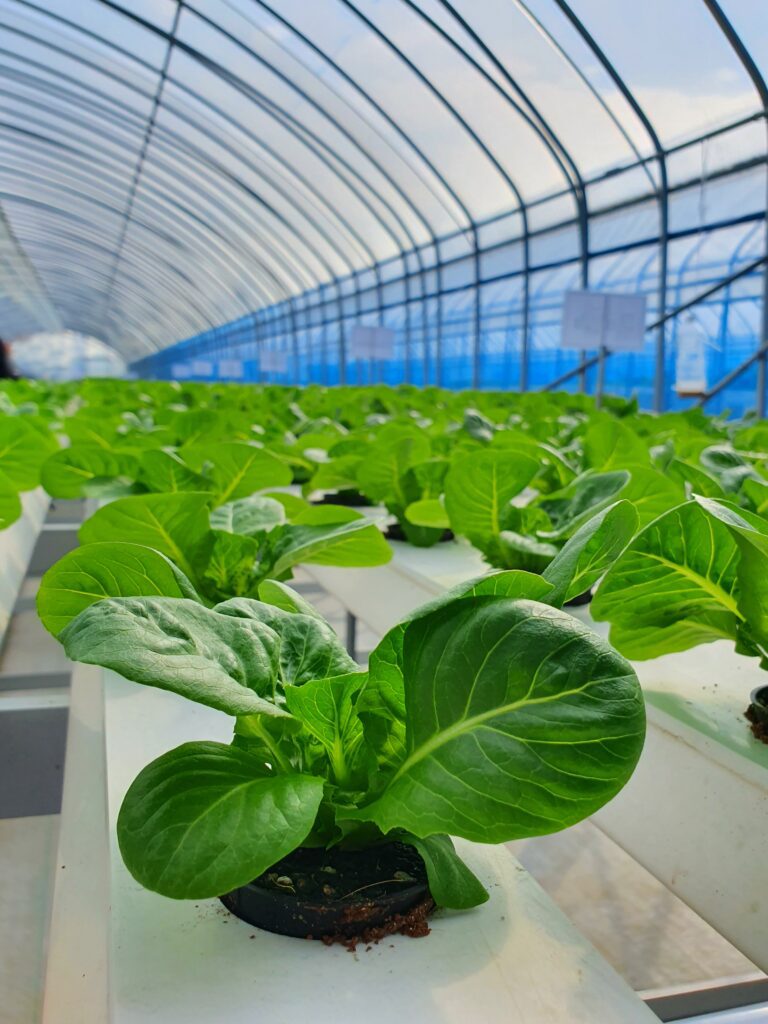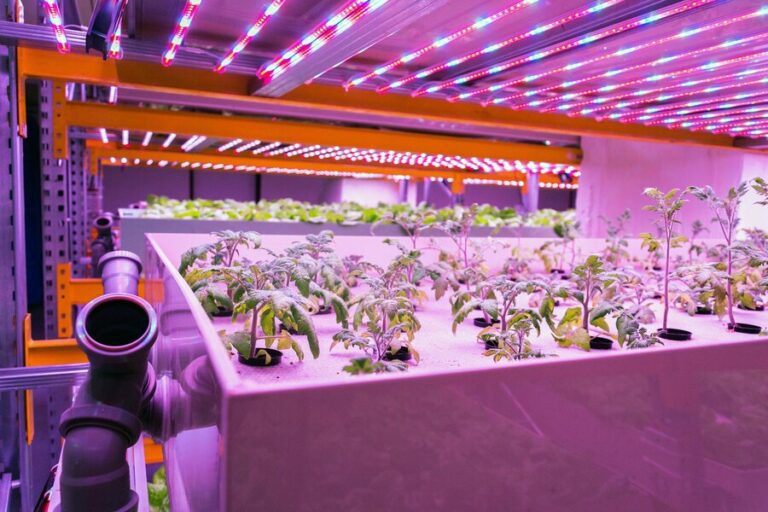Hydroponics vs. Soil: 7 Reasons Hydroponics Prevails
Conserving Land Resources: Vertical Farming and Hydroponics
Vertical farming and hydroponics offer innovative solutions for conserving land resources while maximizing crop production. These methods involve growing plants in controlled environments, without the need for traditional soil-based agriculture. By utilizing vertical space and nutrient-rich water solutions, vertical farming and hydroponics can produce higher yields in smaller areas, reducing the overall land footprint required for cultivation.
One of the key advantages of vertical farming is its ability to make use of urban spaces that are otherwise underutilized or unused. With the increasing population and urbanization, finding suitable land for farming purposes is becoming a challenge. Vertical farming allows for the conversion of unused buildings, rooftops, or even underground spaces into productive agricultural systems. By growing crops vertically, one can make the most out of limited space and bring agriculture closer to urban communities, reducing the need for long-distance transportation and minimizing carbon emissions.
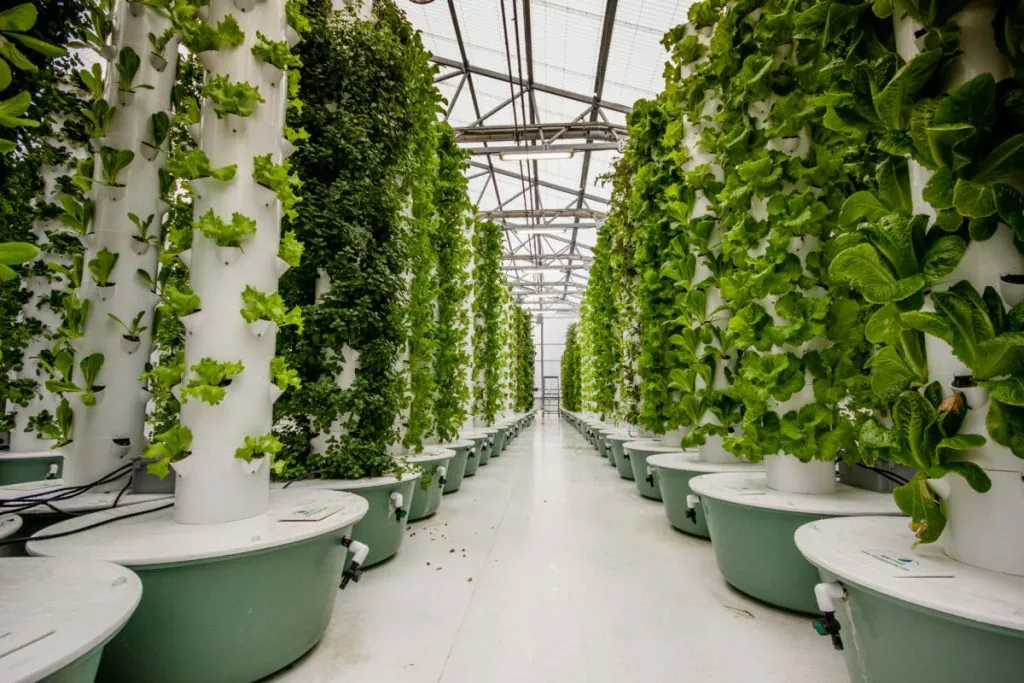
Meanwhile, hydroponics eliminates the need for soil altogether by providing plants with a nutrient-rich solution directly to their roots. This method not only conserves land but also optimizes water usage. Compared to traditional farming systems, hydroponics requires up to 90% less water. The water used in hydroponics is recirculated, significantly reducing water waste and protecting natural resources. With the global water scarcity issue, this sustainable approach to farming is crucial for conserving both land and water resources.
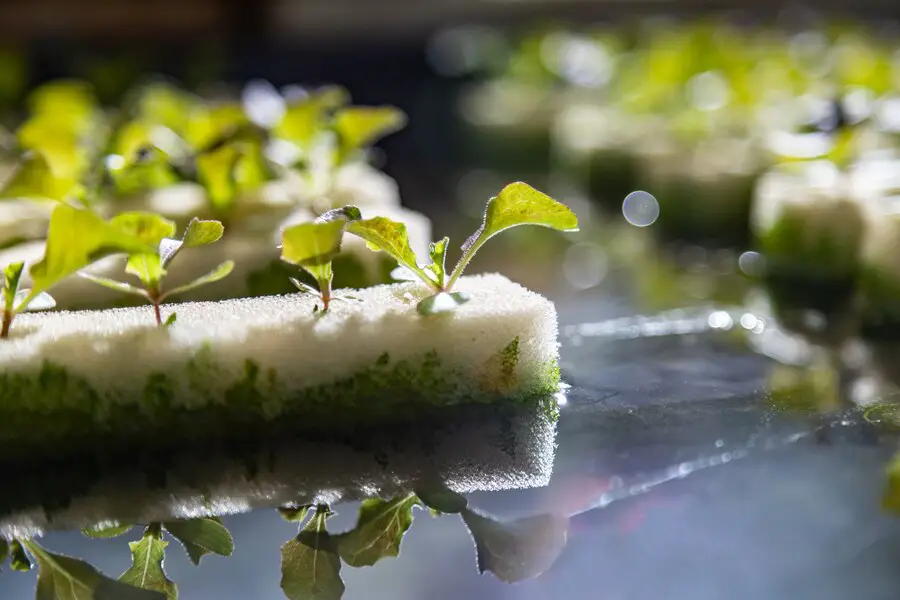
In conclusion, vertical farming and hydroponics offer promising solutions for conserving land resources while meeting the growing demands for food production. By utilizing vertical space and eliminating the need for soil, these methods allow for efficient and sustainable crop cultivation, even in urban environments. Through their innovative approaches and resource-efficient techniques, vertical farming and hydroponics contribute to the overall goal of achieving a more sustainable and resilient agricultural system.
Rapid Plant Growth: Accelerating Crop Cycles with Hydroponics
Hydroponics is a revolutionary method of growing plants that has gained significant popularity in recent years. By eliminating the need for soil and instead providing plants with a nutrient-rich water solution, hydroponics allows for rapid plant growth and accelerated crop cycles. This innovative system has proven to be highly efficient, making it an attractive option for both commercial farmers and home gardeners.
One of the key advantages of hydroponics is its ability to optimize plant growth conditions. Traditional farming methods rely on the nutrient content and quality of the soil, which can vary greatly from one location to another. In contrast, hydroponics provides plants with precisely measured and balanced nutrients, ensuring they receive the optimal amount for their development. This translates to faster growth rates and shorter crop cycles, allowing for multiple harvests within a single growing season.
Furthermore, hydroponics offers a controlled environment that minimizes the potential negative impacts of external factors such as pests, diseases, and adverse weather conditions. By growing plants in a controlled setting, growers can maintain consistent temperature, humidity, and lighting conditions, all of which play crucial roles in plant growth and development. As a result, plants can focus their energy on growth rather than combatting external obstacles, leading to accelerated growth and higher yields.
Here is a table that shows some advantages of hydroponics:
| Advantages of Hydroponics | Description |
|---|---|
| Optimal Nutrient Control | Precise control over nutrient levels allows for optimal plant growth, resulting in increased yields and faster growth. |
| Water Conservation | Hydroponic systems use less water compared to traditional soil-based farming, making it a more water-efficient method. |
| Space Efficiency | Hydroponic setups can be designed vertically or in compact spaces, maximizing land usage for crop production. |
| Reduced Pests and Diseases | Soil-borne pests and diseases are minimized, reducing the need for pesticides and creating a cleaner growing environment. |
| Faster Plant Growth | Plants grown hydroponically often grow faster due to direct access to nutrients, resulting in quicker harvests. |
| Year-Round Crop Production | Hydroponics allows for controlled environments, enabling year-round crop production regardless of external weather conditions. |
| Resource Efficiency | Efficient nutrient and water usage contribute to reduced environmental impact and resource consumption. |
| Customization of Growing Conditions | Environmental variables like temperature, humidity, and light can be easily controlled and tailored to specific plant needs. |
The combination of precise nutrient delivery and a controlled environment makes hydroponics an excellent choice for those looking to maximize their crop yield and efficiency. Whether you are a commercial farmer aiming to increase profitability or a home gardener seeking a bountiful harvest, embracing hydroponics can help you achieve your goals. With its ability to accelerate crop cycles, this innovative method of cultivation is paving the way for a more sustainable and productive future in agriculture.
Watch the video to know more about the advantages of hydroponics.
What is hydroponics?
Hydroponics is a method of growing plants without soil, where nutrients are directly delivered to the plant’s roots through a water-based solution.
How does hydroponics accelerate crop cycles?
Hydroponics can accelerate crop cycles by providing plants with optimal growing conditions, such as controlled temperature, lighting, and nutrient levels. This helps plants grow faster and produce higher yields compared to traditional soil-based farming.
What is vertical farming?
Vertical farming is a practice of growing crops in vertically stacked layers or shelves, utilizing indoor spaces. It maximizes land efficiency by growing plants upwards instead of horizontally.
How does vertical farming conserve land resources?
Vertical farming allows for the cultivation of crops in urban environments or areas with limited land availability. By utilizing vertical space, it reduces the need for expansive agricultural land, conserving valuable resources and preventing deforestation.
Is hydroponics more water-efficient than traditional farming?
Yes, hydroponics is generally more water-efficient than traditional farming. The water used in hydroponic systems is recirculated, minimizing water loss through evaporation or runoff. This helps to conserve water resources, especially in regions prone to drought.
Can hydroponics be used for large-scale commercial farming?
Yes, hydroponics can be employed for large-scale commercial farming. Many commercial growers are adopting hydroponic systems due to their ability to maximize yields, optimize resources, and minimize environmental impact.
What types of crops can be grown using hydroponics?
Virtually any type of plant can be grown using hydroponics, including leafy greens, herbs, tomatoes, cucumbers, strawberries, and even certain types of fruit trees. The flexibility of hydroponics makes it suitable for a wide range of crops.
Does hydroponics require the use of pesticides?
Hydroponics can significantly reduce the need for pesticides. The controlled environment and absence of soil can minimize pest infestations. Additionally, integrated pest management techniques can be implemented to further reduce the reliance on chemicals.
Is hydroponically-grown produce as nutritious as traditionally-grown produce?
Yes, hydroponically-grown produce can be equally nutritious, or even more so, compared to traditionally-grown produce. The controlled environment in hydroponics allows for precise nutrient delivery, which can result in crops with higher nutrient content.
Can hydroponics be economically viable for farmers?
Yes, hydroponics can be economically viable for farmers. While the initial setup costs may be higher than traditional farming methods, hydroponics offers advantages such as higher yields, year-round production, and the potential for premium pricing in certain markets.

